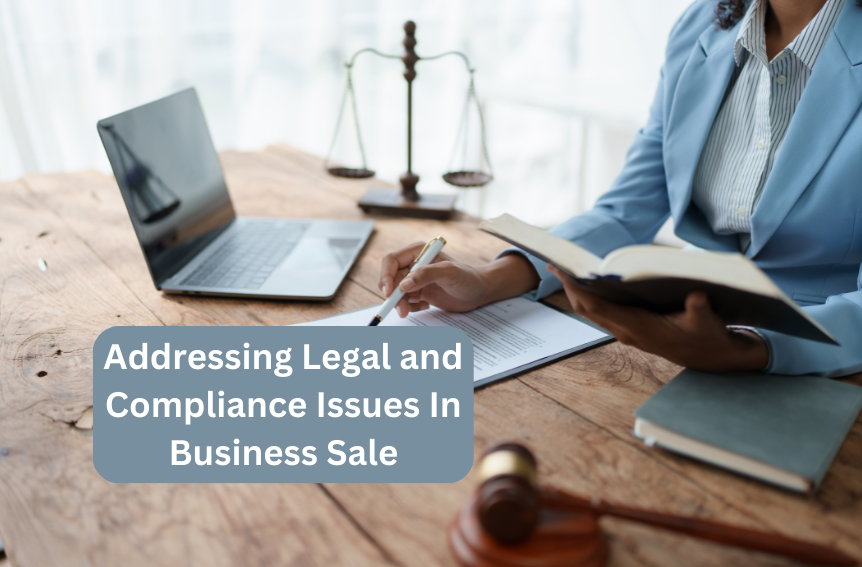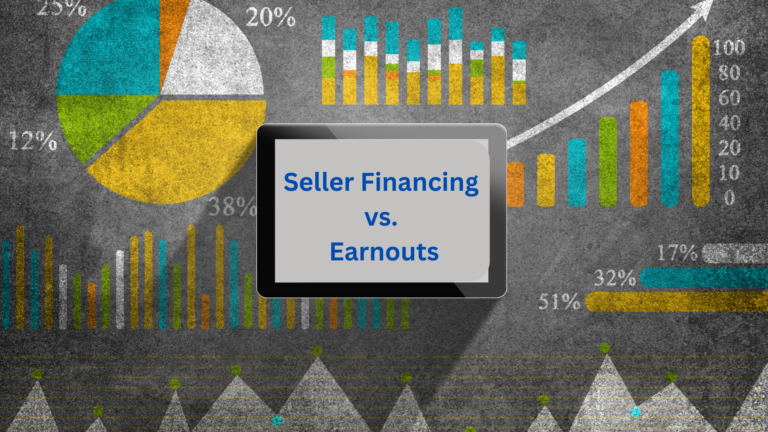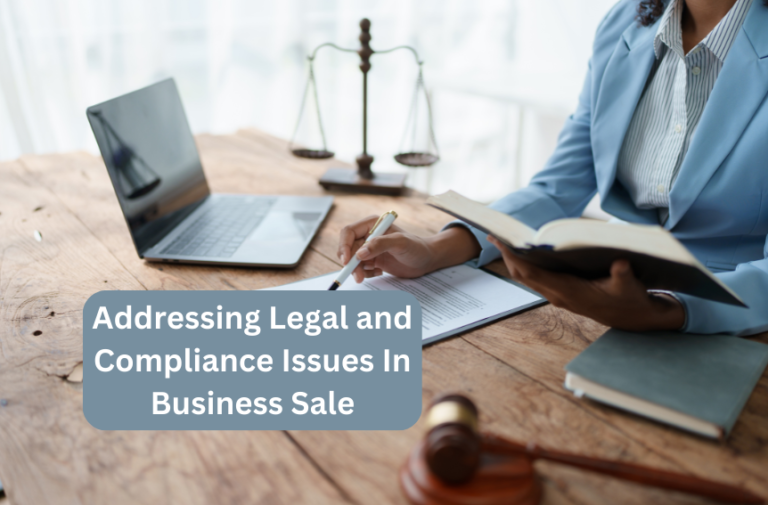Addressing the legal and compliance aspects of preparing your business for sale might be the most daunting and critical part of the preparation work. It is essential to ensure that all legal and compliance matters are thoroughly reviewed and dealt with before listing the business. Failing to do so can result in delays, lost opportunities, or even legal complications. To help you navigate this critical part of selling your business, here are the key items you should review:
1. Business Structure & Ownership
- Verify Business Structure: It’s important to confirm the legal structure of your business—whether it’s a sole proprietorship, partnership, LLC, or corporation. This affects how the sale is structured and how assets are transferred, especially if you are considering a stock sale.
- Stakeholder Agreement: If you have co-owners or partners, review any partnership or shareholder agreements. Ensure everyone is aligned on the sale and that the necessary approvals are in place. Some operating agreements might have provisions that require specific consent from stakeholders before the business can be sold.
2. Contracts & Agreements
- Review Contracts Thoroughly: Examine all business contracts, including vendor, customer, employee, and supplier agreements. Check for any clauses that might restrict the sale or require renegotiation, such as change-of-control clauses, right of first refusal, or termination clauses.
- Assess Liability: Pay special attention to contracts that might introduce liability to the buyer, such as warranties, indemnities, or guarantees. Addressing these concerns upfront can help make the deal smoother.
3. Licenses & Permits
- Ensure Validity of Licenses and Permits: Verify that all necessary business licenses and permits are current and meet local, state, and federal regulations. The new owner may need to transfer or apply for new permits, so ensuring these are in order helps avoid delays during the transition.
- Regulatory Approvals: Depending on your industry, certain regulatory approvals may be required for the sale to proceed. These could include industry-specific certifications, environmental regulations, or health and safety approvals.
4. Intellectual Property (IP)
- Document and Protect IP: If your business owns intellectual property such as trademarks, patents, copyrights, or trade secrets, make sure these are clearly documented, registered where necessary, and legally protected.
- Transferability: Determine how the intellectual property will be transferred to the new owner. This may involve specific paperwork, including assignments or licenses, depending on the nature of the IP and the business’s operations.
5. Taxes & Financial Compliance
- Resolve Tax Obligations: Ensure all tax filings (corporate income, sales, payroll, etc.) are current. Check for any outstanding tax liabilities, penalties, or issues with previous filings that could affect the sale.
- Tax Clearance: In some cases, you may need a tax clearance certificate from tax authorities to confirm there are no outstanding liabilities. This is essential for ensuring a clean transfer of ownership without any unexpected tax claims.
6. Employment & HR Issues
- Review Employee Contracts: Look over employment contracts, compensation structures, benefits packages, and any severance agreements. Identify any terms that might need to be adjusted or disclosed to the buyer.
- Legal Compliance: Make sure your HR policies comply with labor laws and regulations, including those related to employee rights, union contracts (if applicable), and any non-compete or non-solicitation agreements that might affect future employment post-sale.
- Employee Transition Plans: Prepare for employee transitions, as this can be a sensitive area for both employees and buyers. You should be prepared to clarify any potential changes in their roles, benefits, or employment conditions when it is the time for the transition.
7. Business Debts & Liabilities
- Disclose Financial Obligations: Clearly disclose any outstanding debts, loans, credit lines, or financial obligations. These should be fully understood and planned for before listing the sale, as the buyer will want to know how these liabilities will be handled.
- Debt Transfer or Settlement: Work with your lender and financial advisors to determine how debts will be transferred to the new owner or settled before the sale. This could include negotiating with lenders, creditors, or investors. Request the lender to remove any old liens on your business, including UCC filing.
8. Real Estate & Lease Agreements
- Lease Transferability: If your business operates in leased space, determine whether the lease can be transferred to the new owner or if new terms need to be negotiated. Some leases may contain clauses that prevent the assignment of the lease without the landlord’s approval.
- Real Estate Ownership: If the business owns real estate, decide whether to include the property in the sale or lease it separately to the new owner.
9. Legal Disputes & Litigation
- Resolve Ongoing Litigation: Any ongoing lawsuits or legal disputes can be a major red flag for potential buyers. It’s essential to address and resolve these before moving forward with the sale. If disputes cannot be resolved, make sure you fully disclose them to the buyer, along with any potential liabilities they could face.
- Avoid Future Liabilities: Work with legal counsel to determine if any pending or potential litigation could affect the future viability of the business. Proactively managing these issues will provide peace of mind to the buyer.
Final Thoughts
Navigating the legal and compliance issues involved in selling a business can be overwhelming. It’s critical to ensure that every detail is in order before the sale to avoid costly delays or complications. Engaging an experienced business broker and legal counsel can help streamline the process, identify potential pitfalls, and provide guidance on industry-specific concerns.
At Accel Business Advisors, we specialize in helping business owners develop a successful exit strategy. Our expert team ensures that every aspect of the sale—from legal compliance to financial planning—is handled with professionalism, allowing you to focus on your next chapter while maximizing the value of your business. Contact us today at [email protected] to start planning a smooth and successful business transition!













